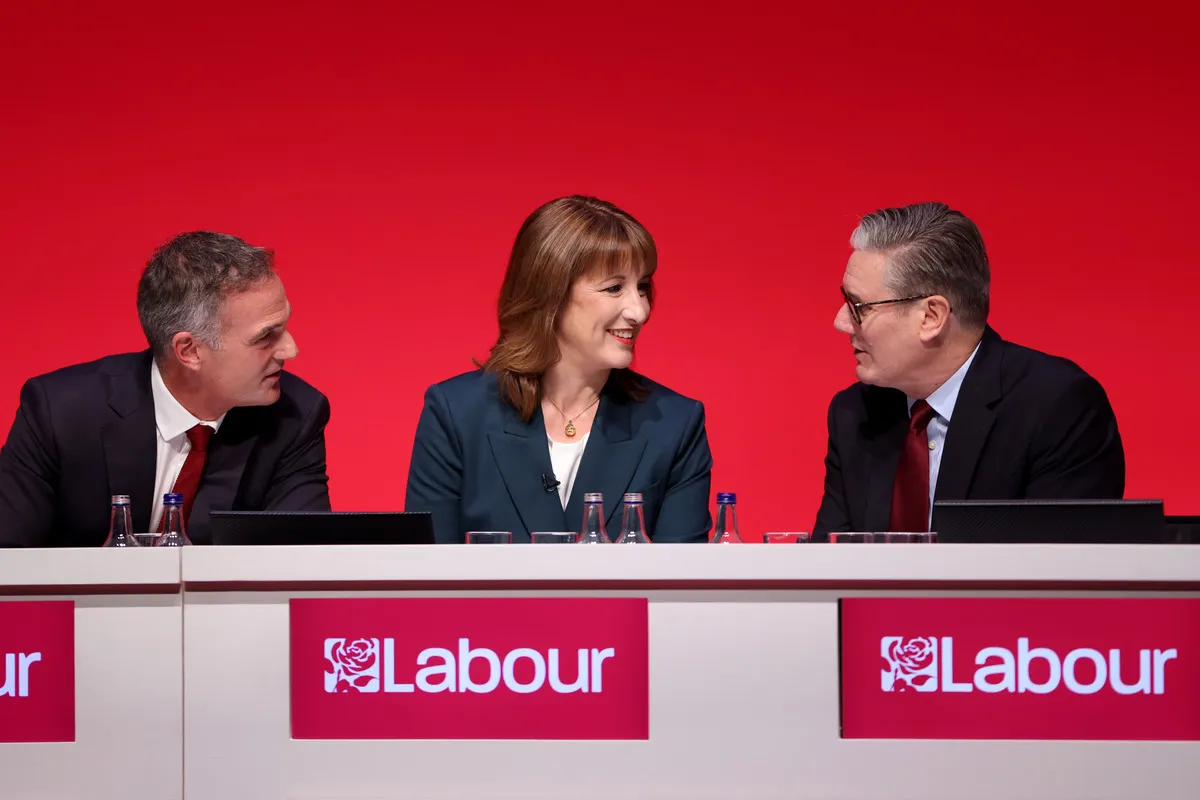Copyright cityam

The UK’s Labour government is positioning deregulation and AI adoption as two key levers used to address its inherited ‘growth emergency’. Peter Kyle, business secretary and former tech secretary, recently doubled down on this strategy, articulating the dire need for the UK to aggressively “innovate its way out” of a low-growth cycle. “I’ve never known a company or a charity, or any organisation, get its way out of financial crisis or any kind of organisational crisis without innovating its way out”, Kyle told UKAI leaders on Friday. He added that the government is aiming to “shock (its) way out” of the current situation of “high taxes, low growth”. This dual focus, boosting innovation spending whilst simultaneously drastically cutting bureaucratic costs, is intended to be a decisive break from previous fiscal approaches. “By pursuing an agenda of deregulation and a technology-first approach, the government will be able to turbocharge the next generation”, said Kenny MacAulay, chief executive of Acting Office. Reducing red tape The most immediate action is to liberate SMEs from regulatory burdens. The government has pledged to deliver a £1bn programme of deregulation by the next election, with £233m in savings already identified and implemented this year through simplifying corporate reporting requirements, such as strategic report exemptions and the removal of directors’ reports. Kyle quantified the direct benefit to British businesses, particularly those in the South East, which contains the highest concentration of SMEs in the country. “That is 200 hours of work for every business”, he claimed. The implicit value proposition is that time will be translated directly into commercial activity, allowing owners to focus on core business functions like cultivating “relationships with staff, building teams and shaping culture”. Innovation spending Beyond deregulation, the strategy is underpinned by increased investment in research and development (R&D). Kyle confirmed the government has increased its R&D budget by 11 per cent, raising the total Spending Review period commitment to £86bn. This funding seems to be being reoriented toward high-growth sectors, with “AI being front and centre”. A major shift in this strategy is how skills and development are being perceived, and Kyle added that the technology itself will serve as a “remarkable tool” for learning, enabling rapid workforce upskilling. “If people who are 35 are using AI double the amount of people who are 55 the amount of time it takes to close that gap is a two hour training session”, he claimed. Foundational training in AI has been centralised as a new priority, allowing individuals to quickly adopt it as a personal “learning tool and teacher”, a model that is both “completely exhilarating and very, very levelling” for those previously disadvantaged by traditional educational pathways. Policy framework Kyle outlined that the success of the plan requires better integration across government, specifically between innovation support and business scale-ups. “You can’t have a disjoint between where the innovation is created and where they spin out and scale up.”, he told the audience on Friday. “It needs to be much more fluid”. This coordination is also being applied regionally. While advocating for an increased role for local mayors and regional leaders to add “area-based investment”, he also stressed the importance of higher education for the sector. He encouraged British universities to play a “much more forward-facing role in the leadership ” to facilitate new public-private partnerships and spin out new innovations. It seems the government’s approach is a high-tempo, concerted effort to use both legislative efficiency and tech adoption to drive productivity, marking a notable step toward an innovation-led economic recovery. Lee Beard, national security and defence specialist at Check Point Software, said: “AI is a powerful catalyst for innovation across government and industry, and it’s encouraging to see this recognised at the highest levels of UK leadership.”



